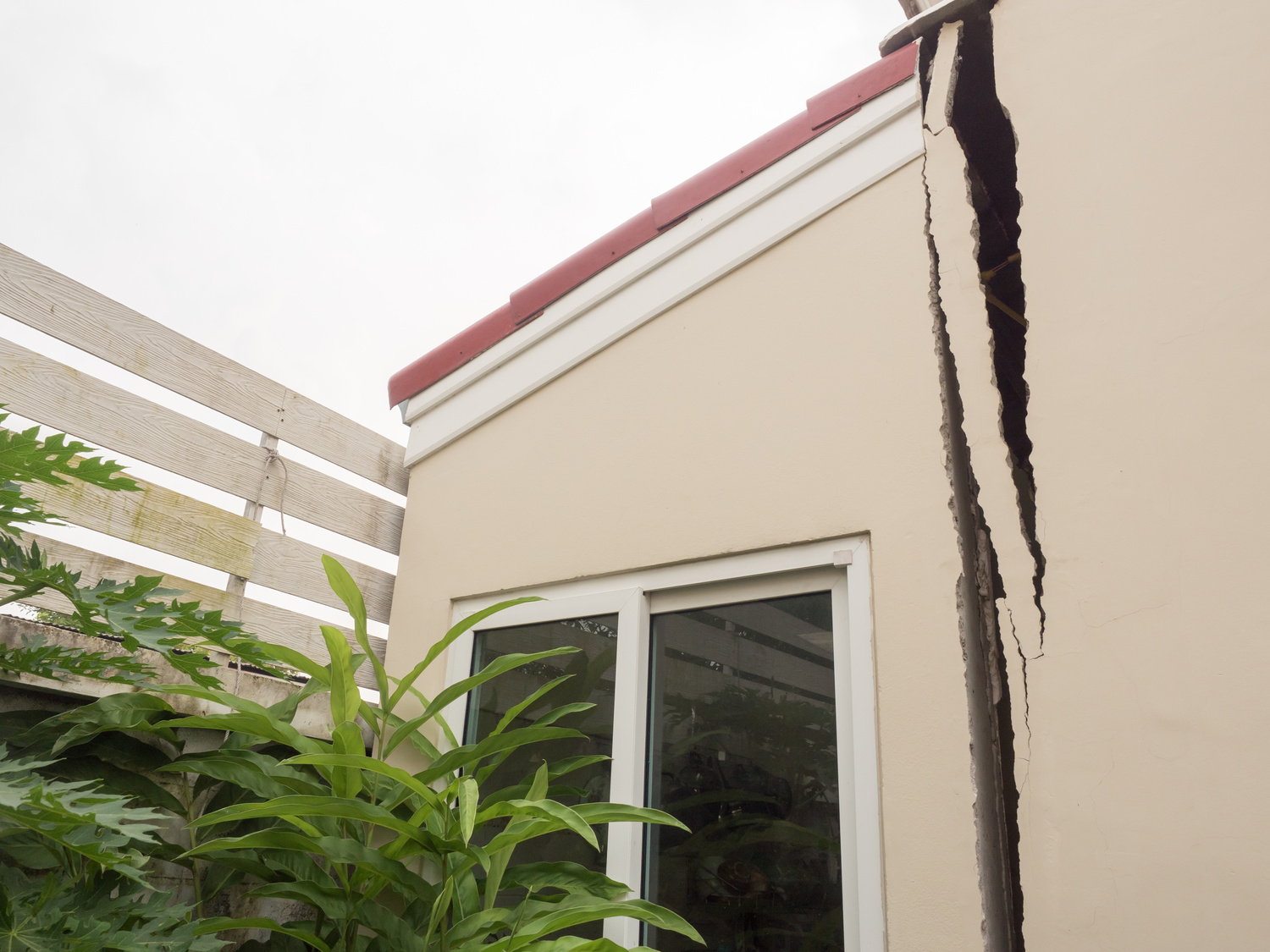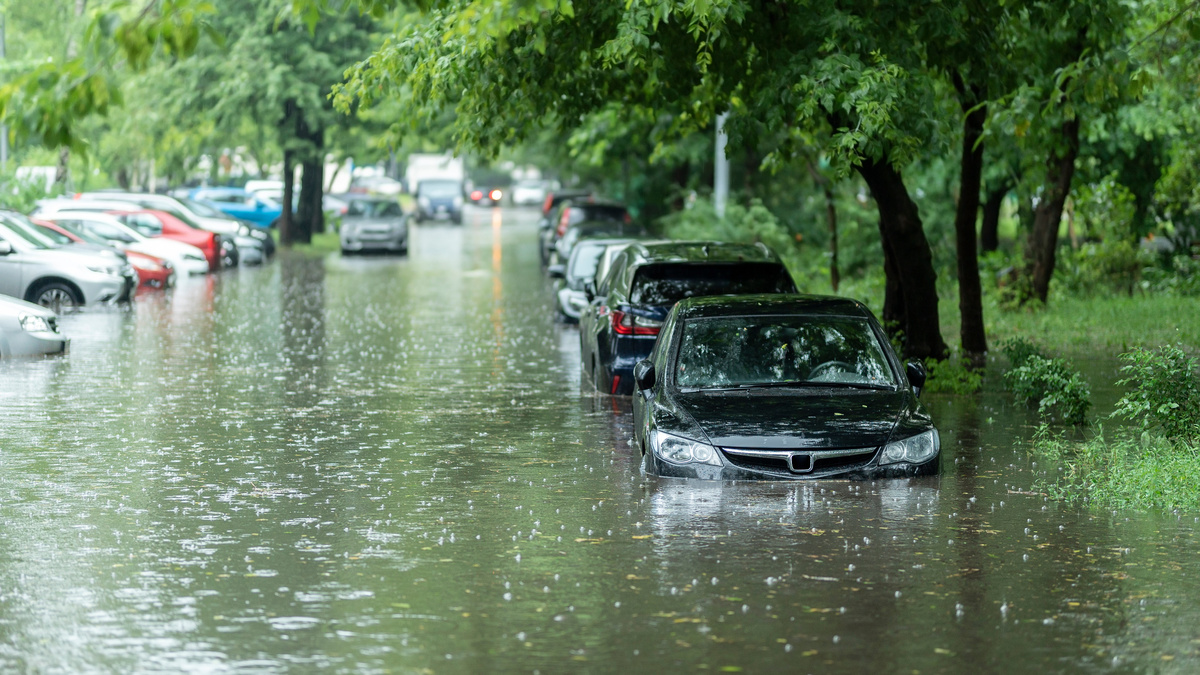November 28, 2022

Homeowners Insurance Water Damage Cover Explained
Sudden and unexpected flooding of a home is both sad and stressful. Before you get frustrated, it’s always best to have a good understanding of which type of water damage is covered by your homeowners insurance and which not. This will help you to find a way forward when it’s time for the flood cleanup, if you were affected by such an unfortunate event.
McKinley Water Damage Restoration has put together relevant information in this blog regarding insurance flood and water damage restoration coverage, as well as information on how you can protect yourself.
Is Water Damage Covered by Homeowners Insurance?
Water damage caused by an unexpected event is usually covered by homeowners insurance. This can be, for example, a burst pipe which floods the home. If this event was unexpected, then the damages and water restoration project will most likely be covered. Where water damage is usually not covered by standard homeowners insurance is when the damage develops gradually, over time.
How is Water Damage Covered by Homeowners Insurance?
Depending on the type of damage, most homeowners insurance policies differentiate between two different aspects.
House Cover: This provides financial assistance in the event that a covered risk caused structural damage to your home. Therefore, house cover could assist in covering the cost of the water clean up and water damage restoration if a water pipe bursts unexpectedly and damages a wall, for instance.
Personal Property Cover: If your things are damaged or destroyed due to a covered risk, this cover can assist with the cost of the damage to any of your possessions. Let’s say a computer or some furniture was damaged by a burst water pipe, this cover can assist with the repair or replacement of these items.
Important to note: Before your coverage kicks in, there probably will be a deductible that would apply. This is standard with most insurance plans. Also, there can be coverage limitations in place, as per your policy documents. Check your policy to understand the scope of coverage it offers.
Types of Water Damage Typically Excluded by Homeowners Insurance
The major factor determining whether a homeowners insurance policy covers water damage is the source of the water that resulted in the damages. Your homeowners insurance, in most cases, will not cover you in the following situations:
The expense of repairing or replacing the malfunctioning water source would not be covered. For instance, let’s say your dishwasher malfunctioned and caused damage to the hardwood floor in the kitchen. Most insurance policies will cover the cost of the water damage restoration of the floor, but not the repair or replacement of the source of the problem, in this case the dishwasher.
Maintenance neglect is another scenario that would not be covered. Let’s say that your home sustained water damage due to a broken hose connection, but this connection was already leaking for some time, but ignored. Your homeowners insurance will most likely reject a claim for water clean up or water damage restoration if it is clear that maintenance neglect was the cause of the problem.
Problems or damages brought on by a flood or storm surge. It is likely that your homeowners insurance policy will not cover you for issues like flood removal, water restoration, water damage restoration services or other relevant flood or storm damages.
Check your policy carefully and note that for these types of damage a different insurance coverage is probably needed.
For more information regarding insurance policies, refer to the blog post titled What Is Flood Insurance and How Do I Buy It?
Are Faulty Appliances Covered by Homeowners Insurance?
Damages from an appliance overflow or malfunction will be covered by house or dwelling insurance coverage, if the flooding is caused by accident and unexpectedly. Let’s say, for instance, the water supply hose to your washing machine bursts unexpectedly and floods your laundry room. Any water clean up required and damages that occur to the house structure, like floors, would be covered by your insurance policy. We can also assume that other items in the laundry room sustained damage, like storage cabinets, storage items or even the dryer. This damage, or losses, would be covered by the personal property insurance, including water damage restoration to certain structures.
Keep in mind though, that the homeowners policy will not cover any of the aforementioned damages if the appliance failure occurred due to neglect.
Is Water Damage Due to Fire Fighting Covered by Homeowners Insurance?
Water damage brought on by putting out a fire will be covered by dwelling and personal property policies. An example of this would be if firefighters put out a living room carpet fire, and water rushes into your bedroom, it can cause damage to furniture and drywalls. If this happens, the flood removal and water damage restoration or replacement of items will be covered.
Important to note: Again, if any neglect caused the fire, then chances are that none of the damage will be covered. In this case neglect could be something like a worn out, faulty or incorrectly used space heater that caused the carpet fire. This fire could have been prevented if the space heater was either used correctly, replaced or simply thrown out.
Prevention of Water Damage
It certainly brings peace of mind when you know that flood cleanup and water damage restoration is covered, however prevention is better than cure. Even if the damages are covered, water and flood damages are stressful, and losses can include items of sentimental value. The team at McKinley Water Damage Restoration would like to share some tips with you that can help with the prevention of water damage in your home:
Regularly inspect all hoses leading to and from water appliances, including washing machines, dishwashers, water heaters, refrigerators or other appliances that are supplied by water.
Sediment buildup can cause a water heater to sustain significant damage, therefore it’s a good idea to drain the water heater every six months.
Water leak sensors can be installed close to water-supplied appliances which can be a great help in flood prevention.
Keep pipes warm and insulated when temperatures drop below freezing to avoid frozen and burst pipes. Any pipes that have an exterior component should have at least a small amount of water running through them.
Coverage Under a Homeowners Insurance Policy
This post was intended to inform you of how insurance policies handle claims for water damage, what types would be covered and what types of damage claims would be rejected. We furthermore shared some tips on how to best prevent any flood or water damage.
Knowing how your home and personal items are covered by your homeowners insurance policy will help you to communicate more effectively with your insurance provider. This can furthermore result in expediting the processing of your water restoration claim.
Not thoroughly checking the terms of your homeowners insurance policy could result in you having to pay a ridiculously high deductible or even the full cost of pricey flood removal and water damage restoration costs.


